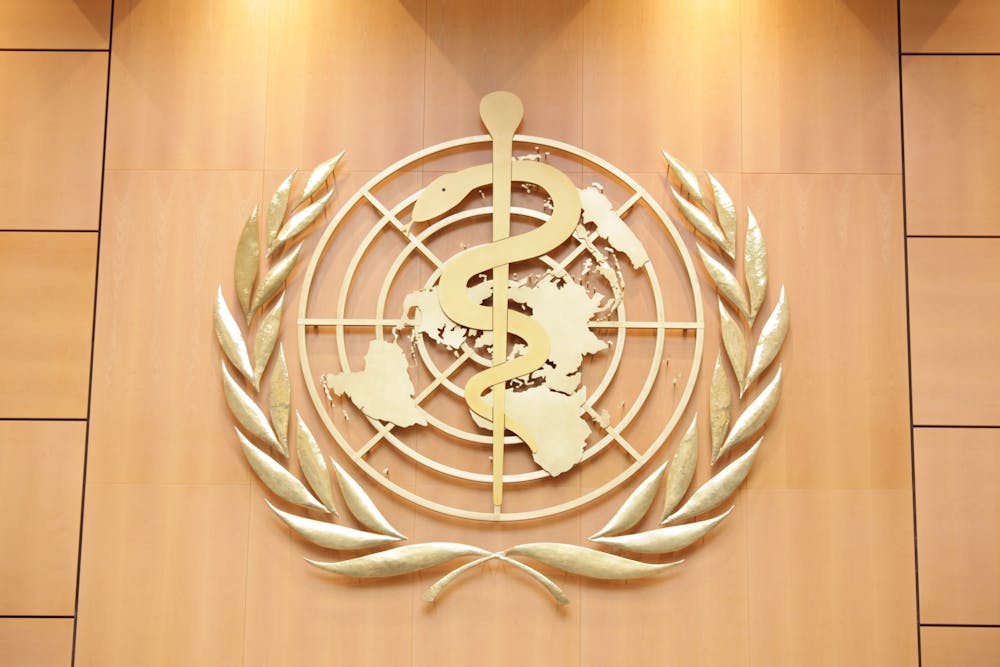Aliyah Siddiqui
Staff Writer
On Oct. 6, the World Health Organization (WHO) recommended the widespread distribution of a vaccine against malaria, one of the leading causes of death for children under 5 in developing countries. The vaccine, Mosquirix, is the culmination of three decades of research and is the first authorized malaria vaccine and the first vaccine ever developed against a parasitic disease. The Director General of the WHO, Dr. Tedros Adhanom Ghebreyesus, said that “this is a historic moment. The long-awaited malaria vaccine for children is a breakthrough for science, child health and malaria control. Using this vaccine on top of existing tools to prevent malaria could save tens of thousands of young lives each year.”
Malaria is a parasite that is most commonly transmitted to humans by mosquitoes. The malaria parasite has a complicated life cycle, spending one part of its cycle in mosquitoes, and several parts of its life cycle in humans. In the human body, the parasite can infect and multiply inside red blood cells and liver cells; parasite-infected red blood cells can often burst, and eventually cause severe organ damage. This can lead to symptoms ranging from fever, muscle aches and fatigue to severe anemia and organ failure. The fact that the parasite can evolve through its life cycle inside the human body has complicated vaccine development; the vaccine only targets the part of the malaria life cycle when the parasite initially enters the body through the mosquito bite and moves towards the liver.
According to NPR, clinical trials for the vaccine first began recruiting participant children and infants from across seven countries in sub-Saharan Africa in 2009, and was found to be effective in reducing malaria cases in children followed for 3-4 years after administration, prompting the European Medicines Agency to approve of its distribution.
However, the vaccine requires four consecutive doses to be effective, and concerns over the practicality of delivering the vaccine on such a schedule in resource-poor settings led WHO officials to recommend a pilot program to test the real-life applicability of the vaccine. The pilot program, started in 2019 in Ghana, Kenya and Malawi, has delivered the vaccine to 800,000 children and has had promising results that were discussed in advisory panels on Oct. 6.
According to the BBC, the vaccine was found to be effective in preventing malaria in 4 out of 10 recipient children, and decreased the number of severe malaria cases by 30%. This vaccine is estimated to reach about two thirds of children who don’t have bed nets, which were long considered the gold standard for malaria prevention. Researchers are hopeful that enhancing current prevention strategies with the vaccine will have a significant impact on decreasing malaria transmission.
Despite the reassuring results of the pilot program, there are still concerns over the efficacy and practicality of widespread delivery of the four shots across high risk countries. It will also be up to individual countries to decide if they want to accept vaccine rollout, furthering concerns on the delivery of the vaccine. The question of funding also continues to remain unanswered.
According to Al Jazeera, the GAVI vaccine alliance, a global health funding program that helped finance the vaccine’s pilot program, is in the process of determining whether it will be willing to fund the rollout and how it plans to do so. GlaxoSmithKline, the company that developed the vaccine, has committed to making 15 millions doses of the vaccine annually until 2028, while the WHO projects the need will be several million more doses. In the meantime, WHO’s recommendation for widespread rollout of this vaccine is a positive first step in the battle against malaria.




